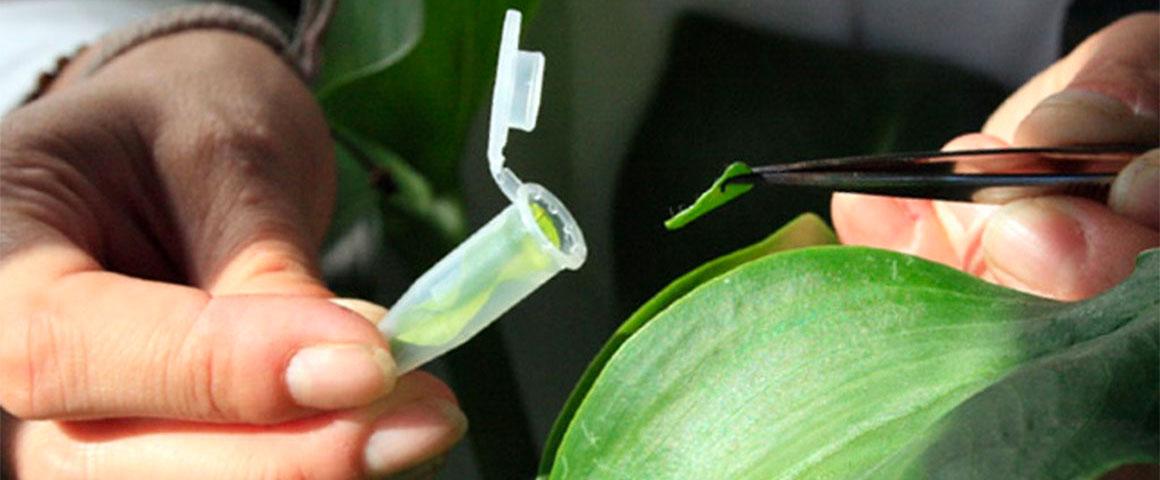- Home
- About us
- Research units
- AGAP
Genetic Improvement and Adaptation of Mediterranean and Tropical Plants - UMR AGAP

© CIRAD
To create new breeding methodologies and innovative planting material, UMR AGAP is working to understand the factors behind plant development and their adaptation to environmental constraints, analysing the organization and diversity of genomes, and studying agro-biodiversity. It combines the biological sciences and social sciences in order to broaden the range of disciplines called upon and gain a clearer understanding of how crops are domesticated. Genomics, bio-informatics, ecophysiology and mathematical modelling are used to study the relations between genetic diversity, agronomic performance and response to breeding.
The unit works on some twenty tropical and Mediterranean species, covering a very wide range of biological characteristics and types of use by farmers: rice, durum wheat, sorghum, sugarcane, banana, coconut, oil palm, yam, coffee, rubber, cocoa, cotton, apple, grapevine, olive, forest and fodder species, eucalyptus, etc.
























